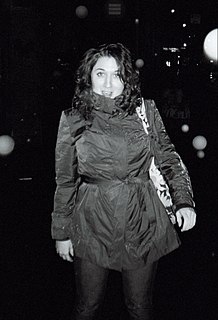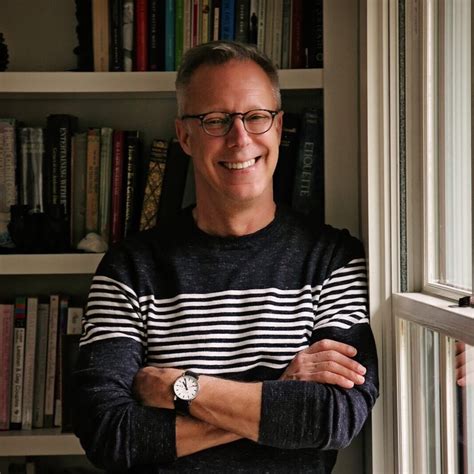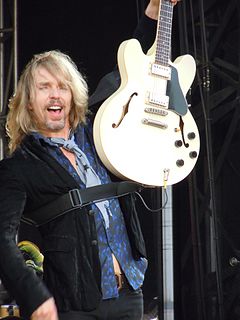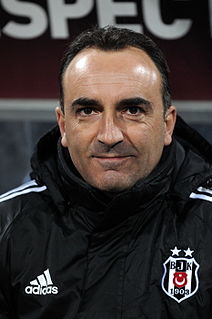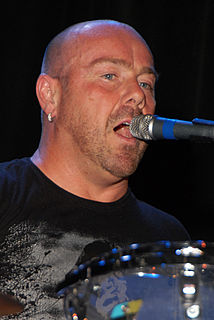A Quote by Cecily McMillan
I think the big turning moment was when I joined the student political action club and started studying nonviolent civil disobedience in response to the Iraq War. The first anti-Bush protest in Atlanta was the first protest that I'd ever been to, and I helped organize the school walkout when I was a junior. It was a really solidifying moment.
Related Quotes
Okay, so here's my question: When did civility become incompatible with protest? Why do some people consider civility an antonym - anathema, even - to political action and dissent? Because, and I'm raising my voice, it's not. Have we forgotten how Mahatma Gandhi used nonviolent civil disobedience to free India from British rule and inspire civil rights movements worldwide?
Millennials do not know their country at war. They don't see militant Islam as evil. They don't see Islamic terrorism as evil. If they're 30, 911, 2001, they were teenagers, there's been so much propaganda about that. The United States largely has been blamed for these acts of terror, presidents like Bush with their torture have created terrorists and so forth. They've really been given a dose of anti-Americanism, well, I think since they first started going to school but it intensified once they got to high school and college.
The difference between the Bush I war against Iraq and the Bush II war against Iraq is that in the first one, we appealed to the sentiments and interests of the different groupings in the region and had them with us. In the second one, we did it on our own, on the basis of false premises, with extremely brutality and lack of political skill.
I've loved Range Rovers. That goes back to when I was a kid. My dad had the first ever Range Rover that was ever made - the first wave back in the '70s - and he had one every year from that moment, and mom has continued to do that. From the moment they started Range Rovers, they've been in my family.
I see a lot of individual action when it comes to environmental questions really as a form of politics as a way of communicating with political leaders, much in the same way that acts of civil disobedience during the civil rights' movement were really acts of political communication, trying to get laws changed rather than based on the thought that the individual action would really change the practices of segregation.
